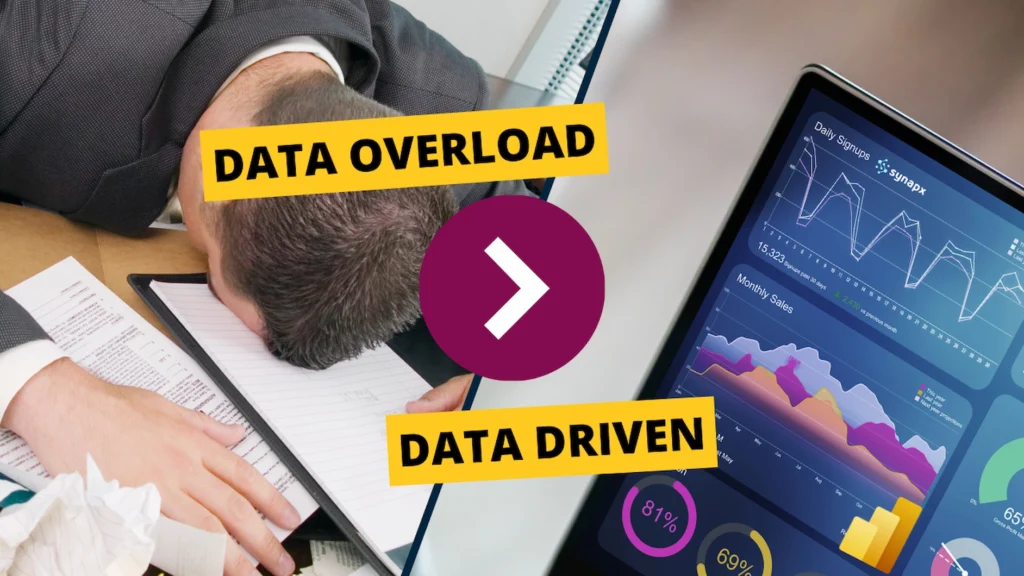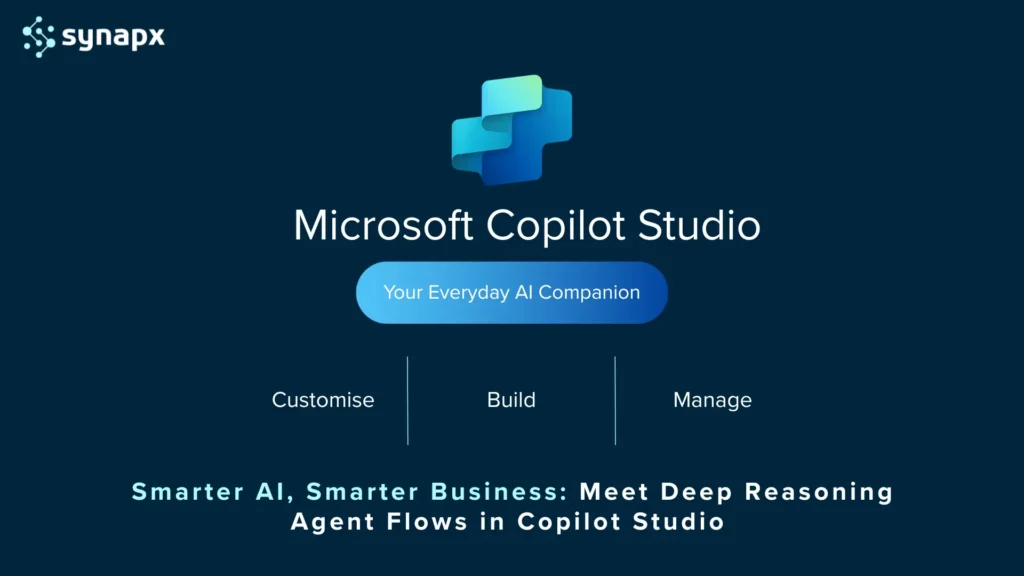In the fast-paced world of modern business, disparate data sources and disconnected systems hinder efficiency, agility, and informed decision-making. Your organisation may possess a wealth of valuable data, yet it resides in silos – customer interactions in your CRM, sales figures in spreadsheets, inventory in legacy systems, and critical updates lost in email chains. This fragmentation undermines your competitive edge.
That’s where Microsoft Dataverse steps in. It’s a cloud-based, low-code data platform that provides a secure and centralised hub for all of your critical business information. Dataverse lets you break down those silos, streamline processes, automate time-consuming tasks, and build tailored business applications – all while ensuring enterprise-grade security and compliance.
Why Dataverse is a Powerful Solution
- Data Integration & Modeling: Seamlessly pull data from Dynamics 365, legacy systems, third-party applications, and even excel files into a unified Dataverse environment. Design tables (entities) and establish meaningful relationships that reflect your unique business processes.
- Rich Data Support: Handle various data types (text, numbers, images, locations, and more) along with descriptive metadata for enhanced organisation and context.
- Embedded Business Logic: Ensure data consistency and automate workflows directly within Dataverse. Define rules, calculations, and multi-step processes to streamline operations and minimize manual errors.
- Enterprise-Grade Security: Leverage Microsoft’s cloud infrastructure with role-based permissions, auditing, data encryption, and compliance with industry regulations to safeguard the integrity of your data.
Microsoft-Level Security
When it comes to your sensitive financial data, security is non-negotiable. Dataverse leverages Microsoft’s enterprise-grade cloud infrastructure, providing a robust foundation for data protection. It offers fine-grained role-based access controls to ensure only authorised individuals can view or modify data.
Detailed auditing allows you to track changes for accountability or if troubleshooting becomes necessary. Plus, with data encryption both in transit and at rest, you can have peace of mind knowing your information is protected. And importantly, Dataverse aligns with industry-standard security and privacy regulations.
Accessing the Power of Dataverse
Dataverse is primarily designed to work seamlessly with Microsoft’s suite of business tools. It can integrate with other 3rd party tools too, however, this is usually more complex to do and it would be worth hiring a consultant to do.
Power Platform: Dataverse is the backbone of the Microsoft Power Platform. This means you can effortlessly utilize Dataverse data to build custom applications (Power Apps), automate workflows (Power Automate), and gain actionable insights (Power BI), all with a low-code approach.
Dynamics 365: For companies already leveraging Dynamics 365 applications (Sales, Customer Service, Finance, etc.), Dataverse acts as the central data hub. This ensures consistency of information across your core business systems, eliminating error-prone manual data transfers.
Beyond Microsoft: Leveraging Your Existing Systems: While Dataverse shines within the Microsoft ecosystem, it can connect to a wide range of external systems. Popular examples include:
- Legacy Databases and ERPs: Seamlessly pull information from older databases or Enterprise Resource Planning (ERP) systems into Dataverse. This enables centralised reporting and analysis, drawing insights from across your enterprise.
- Third-Party Data Providers: Incorporate external data sources to enrich your Dataverse environment. This could include industry-specific data feeds, market trends, news feeds relevant to your business, or even social media sentiment analysis.
- Cloud Storage: Consolidate documents, agreements, or compliance-related materials alongside structured data within Dataverse. This creates a more comprehensive view of customer interactions, project histories, or regulatory requirements.
Let’s Talk Transformation
Is your organisation struggling with scattered data or inefficient processes? Contact us to explore how Dataverse can elevate your operations and pave the way for data-driven decision-making.



